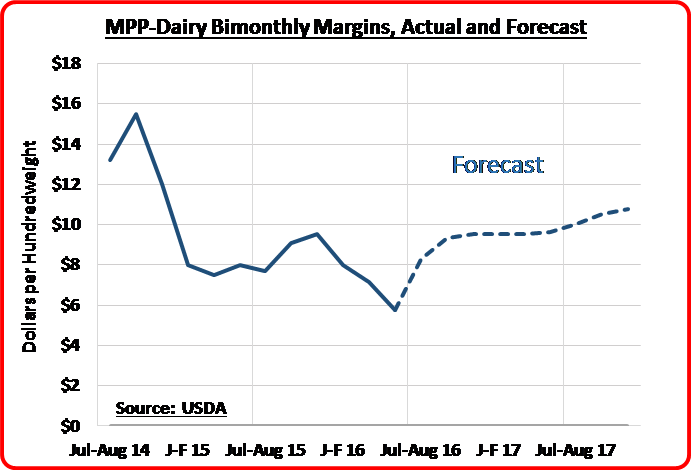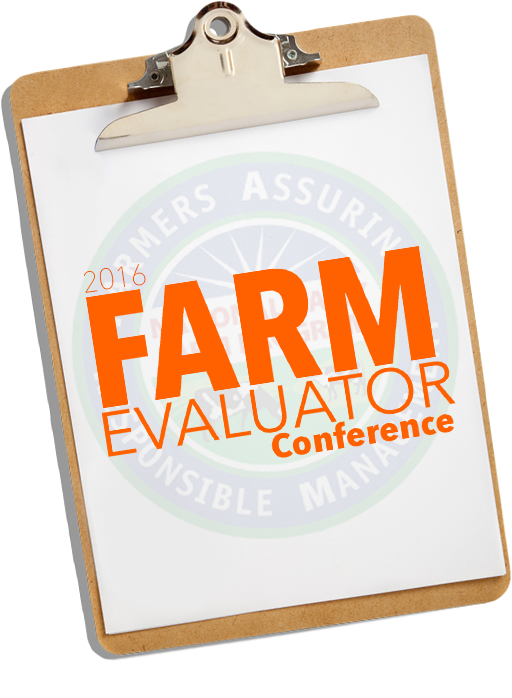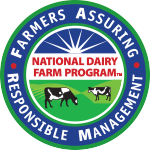(September 12, 2016 – Washington, D.C.) Dairy organizations in the United States, Australia, the European Union, Mexico and New Zealand today issued a joint letter to their respective trade and agriculture officials, expressing indignation about Canada’s recent actions to deepen its already prohibitive restrictions on dairy trade.
The groups said Canada’s increasingly protectionist policies violate “international trade obligations, hold out the prospect of trade diversion with attendant global price-depressing impacts and are in conflict with the principles of free markets and fair and transparent trade.”
The U.S. groups, including the National Milk Producers Federation, the U.S. Dairy Export Council and the International Dairy Foods Association, oppose a Canadian Agreement in Principle recently concluded between Canada’s dairy producers and processors. The agreement, which is undergoing finalization and review in Canada, would provide an incentive to substitute Canadian dairy ingredients for imported dairy ingredients and would unfairly subsidize exports of Canadian dairy products. If ratified, the agreement would take effect November 1, 2016.
In addition to the three U.S. organizations, the other dairy groups are the Australian Dairy Industry Council, the European Dairy Association, the European Whey Products Association, the European Association of Dairy Trade, Mexico National Chamber of Industrial Milk and the Dairy Companies Association of New Zealand. Each of the dairy organizations asked officials in their respective countries to initiate a WTO dispute settlement proceeding to challenge the agreement once its details are announced.
In the letter sent jointly to U.S. Trade Representative Michael Froman and to the other government trade officials, the dairy organizations stated that the Agreement in Principle would breach Canada’s trade obligations under the World Trade Organization (WTO) and the North American Free Trade Agreement (NAFTA). They said it also would undermine the intent of the pending Trans-Pacific Partnership (TPP) and the EU-Canada Comprehensive Economic and Trade Agreement (CETA).
“Canada’s continued disregard for the provisions in its pacts with trade partners is unacceptable,” said Connie Tipton, president and CEO of the International Dairy Foods Association. “These protectionist policies are in direct conflict with the principles of free markets and fair trade, which trade agreements like TPP aim to promote.”
“The dairy trade situation with Canada has gone from bad to worse this year and now Canada is contemplating doubling down on that terrible track record,” said Jim Mulhern, president and CEO of the National Milk Producers Federation. “Enough is enough; Canada needs to stop shirking its dairy commitments and hold up its end of already negotiated agreements.”
“For years U.S. exporters have borne the brunt of a continuing procession of new Canadian policy tools intended to curtail dairy imports,” said Tom Suber, president of the U.S. Dairy Export Council. “TPP has included new features to move toward more open trade by expanding market access compared to the status quo; but Canada’s been doing its best to erode longstanding existing access as much as possible before this agreement is even put in place.”
# # #
The National Milk Producers Federation (NMPF), based in Arlington, Va., develops and carries out policies that advance the well-being of U.S. dairy producers and the cooperatives they collectively own. The members of NMPF’s cooperatives produce the majority of the U.S, milk supply, making NMPF the voice of nearly 32,000 dairy producers on Capitol Hill and with government agencies. For more on NMPF’s activities, visit www.nmpf.org.
The U.S. Dairy Export Council (USDEC) is a non-profit, independent membership organization that represents the global trade interests of U.S. dairy producers, proprietary processors and cooperatives, ingredient suppliers and export traders. Its mission is to enhance U.S. global competitiveness and assist the U.S. industry to increase its global dairy ingredient sales and exports of U.S. dairy products. USDEC accomplishes this through programs in market development that build global demand for U.S. dairy products, resolve market access barriers and advance industry trade policy goals. USDEC is supported by staff across the United States and overseas in Mexico, South America, Asia, Middle East and Europe. The U.S. Dairy Export Council prohibits discrimination on the basis of age, disability, national origin, race, color, religion, creed, gender, sexual orientation, political beliefs, marital status, military status, and arrest or conviction record.
The International Dairy Foods Association (IDFA), Washington, D.C, represents the nation’s dairy manufacturing and marketing industries and their suppliers, with a membership of 550 companies within a $125-billion a year industry. IDFA is composed of three constituent organizations: the Milk Industry Foundation (MIF), the National Cheese Institute (NCI) and the International Ice Cream Association (IICA). IDFA’s nearly 200 dairy processing members run nearly 600 plant operations, and range from large multi-national organizations to single-plant companies. Together they represent more than 85 percent of the milk, cultured products, cheese, ice cream and frozen desserts produced and marketed in the United States. IDFA can be found online at www.idfa.org.
As Canada continues to move toward instituting a national program designed to discourage U.S. dairy imports and help dump excess Canadian skim solids into global markets, NMPF has been working with others to gain international focus on the issue. NMPF, the U.S. Dairy Export Council and the International Dairy Foods Association joined with the dairy industries from Australia, the European Union, Mexico and New Zealand to collectively urge their respective governments to pursue a World Trade Organization (WTO) case against Canada as soon as further details emerge regarding its proposed national ingredients program.


 The economic challenges facing America’s dairy farmers – and what more can be done to help farmers in the future – were among the main topics of discussion last month at a Senate Agriculture Committee hearing on the state of the farm economy.
The economic challenges facing America’s dairy farmers – and what more can be done to help farmers in the future – were among the main topics of discussion last month at a Senate Agriculture Committee hearing on the state of the farm economy.
 ARLINGTON, VA – The Farmers Assuring Responsible Management (FARM) Program announced today it is teaming up with Merck Animal Health to offer a series of informational webinars as part of the FARM Version 3.0 rollout. This webinar series will further build upon the strong partnership between the Merck Dairy Care365® Program and the FARM Program that was established last year.
ARLINGTON, VA – The Farmers Assuring Responsible Management (FARM) Program announced today it is teaming up with Merck Animal Health to offer a series of informational webinars as part of the FARM Version 3.0 rollout. This webinar series will further build upon the strong partnership between the Merck Dairy Care365® Program and the FARM Program that was established last year. Registration also remains open for the inaugural FARM Program Evaluator’s Conference, a two-day event from Nov. 2-3, 2016, in Nashville, following NMPF’s annual meeting Oct. 31-Nov. 2.
Registration also remains open for the inaugural FARM Program Evaluator’s Conference, a two-day event from Nov. 2-3, 2016, in Nashville, following NMPF’s annual meeting Oct. 31-Nov. 2. Registration remains open until October 7 for the NMPF 2016 Annual Meeting, to be held October 31-November 2 in Nashville, Tennessee. NMPF will join the National Dairy Board and United Dairy Industry Association in gathering stakeholders to share in dairy’s accomplishments and challenges, as well as discuss the best paths to follow for the future. Registration information
Registration remains open until October 7 for the NMPF 2016 Annual Meeting, to be held October 31-November 2 in Nashville, Tennessee. NMPF will join the National Dairy Board and United Dairy Industry Association in gathering stakeholders to share in dairy’s accomplishments and challenges, as well as discuss the best paths to follow for the future. Registration information  The National Dairy FARM Program continues to roll out materials to help producers prepare for the implementation of Version 3.0 of the program on Jan. 1, 2017. The following resources are now available on the FARM Program website:
The National Dairy FARM Program continues to roll out materials to help producers prepare for the implementation of Version 3.0 of the program on Jan. 1, 2017. The following resources are now available on the FARM Program website:



